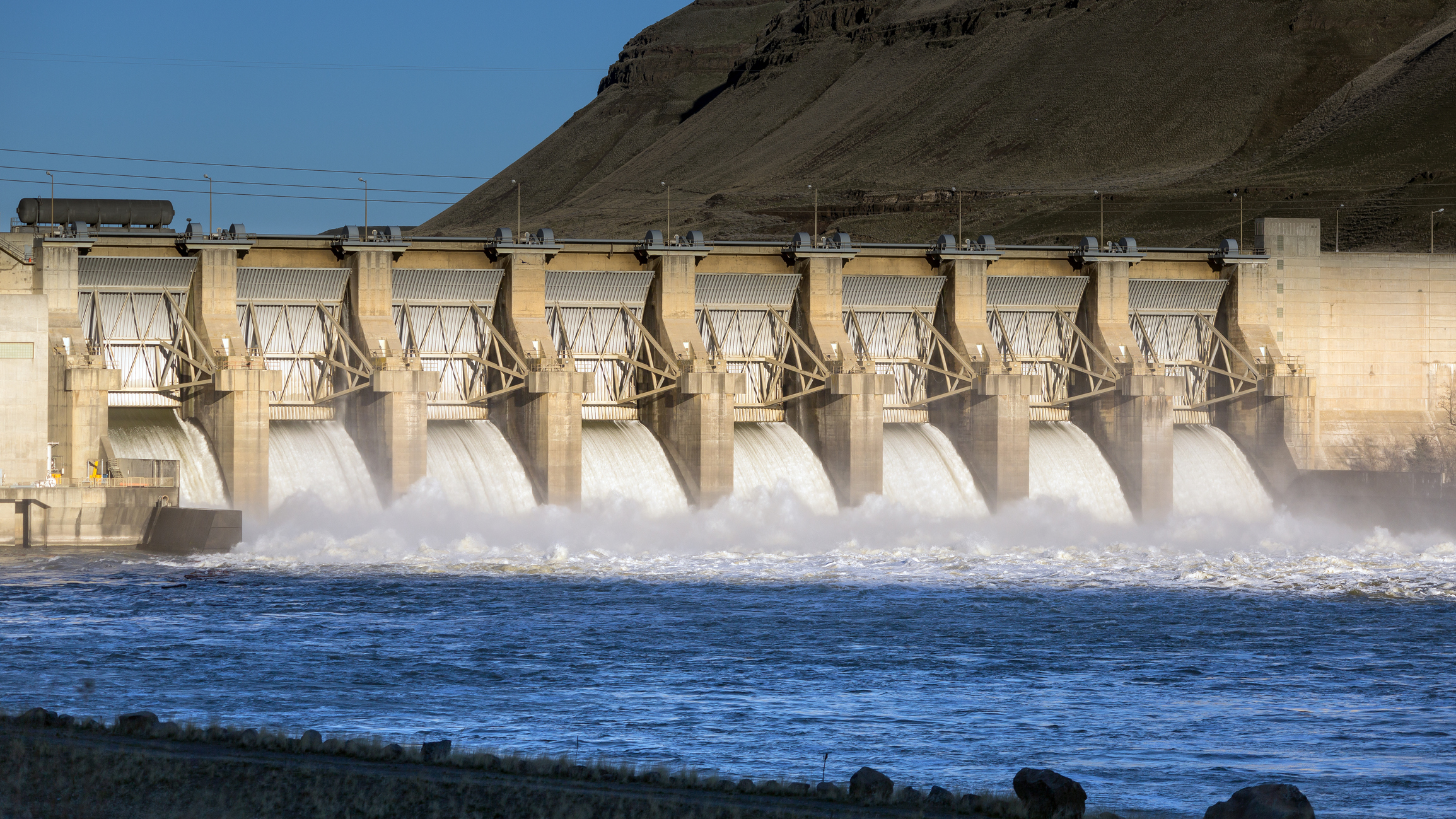Related Articles
Once again, a carbon tax proposal has failed in Washington state. Environmental activists have nobody to blame but themselves for their failure, and the lesson of this string of defeats is that pushing hard-headed ideology and politics on the public is not an effective way to improve energy efficiency and reduce CO2 emissions.
Over the past three years the dismal record of carbon tax proposals that were designed to address climate change in Washington state is as follows:
- In 2016, a revenue-neutral carbon tax, ballot measure Initiative 732, failed;
- Governor Inslee’s carbon tax bill in 2017 died in committee, despite his party’s majority;
- Governor Inslee’s carbon tax bill in 2018 died in committee, despite his party’s majority;
- The environmental community’s carbon tax ballot initiative, Initiative 1631, failed overwhelmingly, losing by 13 points as of the current vote count.
The irony of the failure of Initiative 1631 is that even as environmentalists were screaming about a “climate crisis,” they were killing compromise approaches because they believed they could get a big-government solution. They actually campaigned against Initiative 732 in 2016 because it didn't grow government. The environmental community and Governor Inslee refused to compromise on legislative carbon tax proposals during the last two years believing they had the trump card of the initiative.
This is why the complaining from the left about the money spent by opponents is so disingenuous. The environmental community and the Governor have refused compromise and invited this showdown, blustering that opponents should have taken the legislative deal while they had the chance. Environmentalists intentionally sought this fight. Now that the voters overwhelmingly turned them down, they make excuses.
It is also worth noting that the main sponsor of Initiative 1631, The Nature Conservancy, says the “Yes” campaign raised more than $15 million. That does not include the expenditures of their allies. Claiming voters were fooled by campaign ads – even as the left praises those same voters for electing more Democrats in our state on the same day – ignores the fact that the pro-carbon tax (Initiative 1631) forces had plenty of resources to make their case.
The simple reality is that voters don’t trust politicians to spend public money wisely. They didn’t believe a significant tax increase would effectively address climate change. They didn’t buy the political claim that the price would be paid by “big polluters” and not by average taxpayers.
This is a problem I run into frequently. Potentially sound policy is undermined by basic cynicism that politicians will not keep their promises and likely screw things up later. This skepticism is well placed, and even Governor Inslee expressed it during the campaign when he complained about legislators taking money away from targeted environmental projects and spending it through the General Fund.
Of course, the environmental community will keep pushing the same approach that has been rejected by voters and legislators four times in the last three years. As their opposition to the previous revenue-neutral carbon tax demonstrated, they think climate change is only a crisis if it increases taxes and the size of government. We’ve seen the results of that approach. Until they decide environmental effectiveness is more important than politics and ideology, the string of losses will continue.




